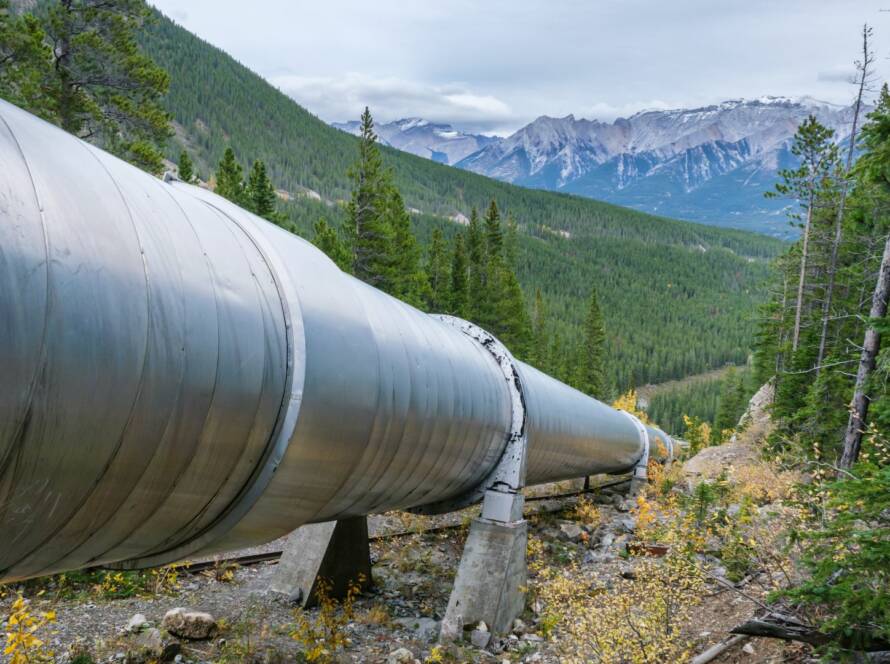For the first time in Canada, auditors are facing scrutiny over their handling—or lack thereof—of climate-related financial risks in the oil and gas sector. As finance professionals, we rely on auditors to provide confidence that the numbers in front of us reflect reality. But what happens when that confidence is undermined by what isn’t being said?
Last week we shared two new investor briefs examining the recent audits of Suncor and Canadian Natural Resources Limited (CNRL), conducted by KPMG and PwC respectively. Our findings highlight serious omissions in how these audits address the financial implications of the energy transition and oil and gas decommissioning liabilities.
Under International Financial Reporting Standards and guidance from Canada’s Public Accounting Board, material climate-related risks should be reflected in financial statements—and, by extension, in audit reports. Both KPMG and PwC have acknowledged this in their own guidance. Yet, in practice, their audit reports on Suncor and CNRL are silent on whether key assumptions tied to net-zero commitments, climate policy, and long-term viability were tested.
Also concerning is the silence on decommissioning liabilities. Credible estimates suggest Suncor and CNRL may face liabilities far greater than disclosed—in the tens of billions of dollars. Still, the audits make no mention of the uncertainty or assumptions underpinning these estimates.
Contrast this with practices by global peers: Shell’s disclosures, and the audit work of EY, Deloitte, and even PwC (in its audit of Eni), demonstrate that it is possible—and necessary—to provide robust climate-related financial assurance.
Oilsands producers, due to their high-cost, high-carbon nature, are particularly exposed to transition risk. Ignoring these dynamics not only leaves investors in the dark but also raises questions about the completeness of the audits themselves.
Ahead of Suncor and CNRL’s AGMs this May, we are sharing these briefs with shareholders. While we are not yet recommending votes against auditor reappointment, we believe these omissions are a yellow flag. Investors deserve assurance that goes beyond basic boilerplate—and audit firms must evolve to meet the moment. This isn’t just an issue of net zero; it’s about the accurate valuation of these companies and whether investors’ interests are being protected by the audit profession.





